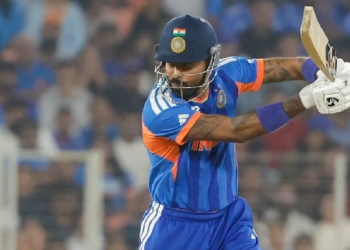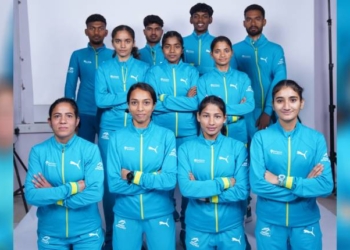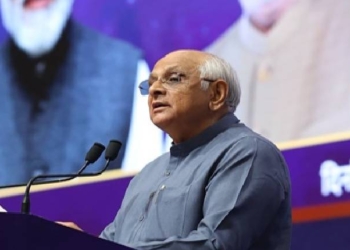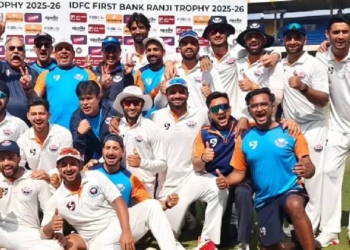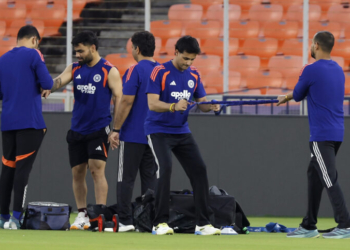New Delhi: The All-India Football Federation’s (AIFF) League Committee on Friday decided on the I-League 2023-24 format with 13 clubs participating in a home-and-away double round-robin format.
The participation of the clubs, however, is subject to the fulfilment of the AIFF’s Club Licensing process.
A total of 156 matches will be played throughout the season, with each team playing 24 matches. The club finishing at the top of the table at the end of the league will be declared I-League 2023-24 champions and will be eligible for promotion to the Indian Super League 2024-25 provided they fulfil the Club Licensing criteria.
“More and more clubs are coming up to participate in not just the I-League, but the third division as well. We are all committed to arriving at the best decisions to make the league structure competitive. That would encourage clubs to aspire to rise from the district level to the national level, and help in the overall improvement of Indian football,” AIFF Secretary General Dr. Shaji Prabhakaran said.
Last season’s champions Punjab FC have already been promoted to the ISL. The two relegated sides from the 2022-23 I-League season — Mumbai Kenkre FC and Sudeva Delhi FC — have been replaced by Delhi FC and Shillong Lajong FC, the top two sides from the 2022-23 Second Division League. Inter Kashi and Namdhari FC have been admitted into the I-League as corporate entries, the AIFF release said.
The committee reiterated that clubs could register five foreigners in their squads, with a maximum of three allowed on the pitch at a time for the I-League 2023-24. There will no longer be any AFC player quota requirements.
“Earlier, we did not have a properly tiered league structure, but that has changed. Now, the ISL, the I-League, Second Division and Third Division are all connected with each other to create a strong league structure,” said committee chairperson Lalnghinglova Hmar.
For the newly formed 3rd Division League, nine state FAs fulfilled the criteria for nominating teams — Chhattisgarh, Delhi, Goa, Gujarat, Karnataka, Madhya Pradesh, Punjab, Rajasthan and Maharashtra.
(IANS)





